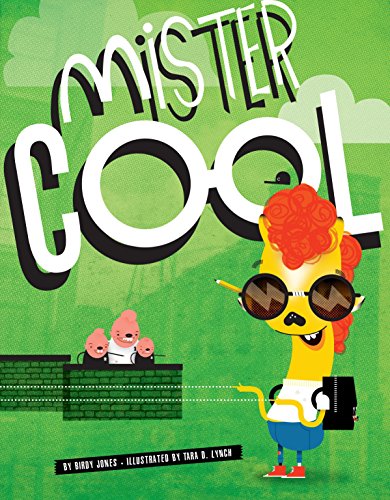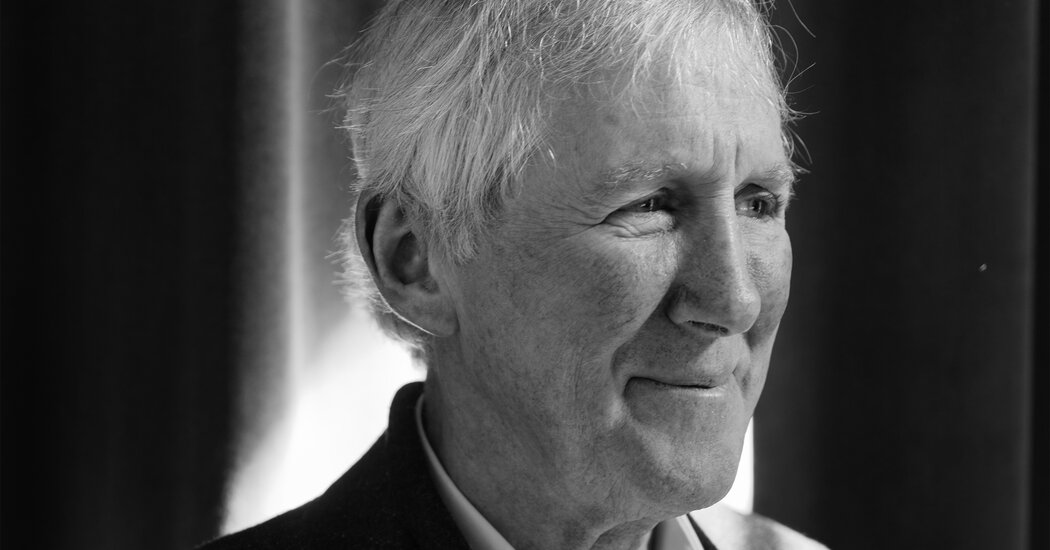Dear readers,
At this point in the year, I’m not dreaming of the bounty waiting for me in the months to come.
It’s not winter doldrums that get to me, but sobering, practical realities. The Christmas bills come due. The body labors under the wreckage of a monthlong caloric assault. So this is when I’m at my thriftiest, hunting (metaphorically) for bowls of thin broth that can sustain me as if I’d eaten laksa cooked down from the bones of a yak.
Relatedly — somehow, I swear — I think often of the French chef André Soltner and his concept, by way of his mother, of the 13th egg: Whenever she cooked with them, she made sure to scrape out the remaining white that clung to the interior of the shell. Voilà! This is how she got 13 eggs from a dozen.
The novels I recommend here are of that magic omelet variety: They let nothing go to waste. Bon appétit!
—Joumana
This is a book about the quiet desperation of bankers. It is also a book about global economic collapse, inappropriate authorial intervention, grift, colleagues you hate and, however tangentially, a sexually ravenous accomplice named Igor.
Claude is a Frenchman living in an eerily depersonalized Dublin. (It’s Joyce’s Dublin in name only.) He has no friends and no hobbies and seemingly no complaints about either. Most of his life is spent at the Bank of Torabundo, where he works as an analyst.
This meager existence makes him the perfect subject for a novelist named Paul, who’s on the prowl for an Everyman to inspire his next book, or so he says. Soon enough he’s following a rather baffled Claude around the office while enacting a more sinister plan. It wouldn’t strain the imagination to picture him clutching burlap sacks printed with the euro symbol.
One of my favorite qualities of Murray’s is his precision in writing about the horse races of class and power; I clocked it with his latest novel, “The Bee Sting,” and that canny intelligence is here, too. And he is very funny. One of Claude’s colleagues, hamming to impress the fictional Paul, overstates their closeness: “‘We get on like a house on fire, don’t we, Claude?’ I picture the flames, the screaming. ‘Yes, I say.’”
Any summary I offer is bound to be incomplete, so brace for more surprises stuffed into this single novel. Reading it is like bringing home a stray cat you didn’t realize was pregnant.
Read if you like: “The Big Short,” German-language reggae covers, walk-on cameos
Available from: Murray is having a moment (“The Bee Sting” was a Booker finalist, and one of the Book Review’s 10 Best Books of 2023), so it shouldn’t be hard to track this one down at your library or favorite bookstore
The Swiss writer Fleur Jaeggy is too often eclipsed by her relations, particularly her late husband, Roberto Calasso, which is a shame because her writing tends to offer a sharklike return on investment. Joseph Brodsky, an enthusiastic booster, appreciated this about her, too: “Reading time is approximately four hours. Remembering time … the rest of one’s life.”
Jaeggy’s books are slim and lissome, usually topping out around 100 pages, and have a monastic degree of focus. Reading them, you are reminded of how religious devotees, in the madness of deprivation, experience flashes of insight and ecstasy. There are also a lot of fires in her fiction, and scenes that reek of tombs. Sepulchral and mothy — Jaeggy does that well. “Senile girlhood,” the abiding and slightly paradoxical theme of this novel — she nails that, too.
This book is set at a Swiss boarding school but told years after the events at hand took place. “Events” is a generous way to describe the action, which mostly unfolds in and around the narrator Eve’s pituitary gland. Eve reflects on her febrile obsession with a classmate, the unthinkably chic Frédérique, decades after they were students. But her memories haven’t iced over. Even with the distance of time, here’s how she describes the mountain setting: “Outside the windows, the landscape beckons; it isn’t a mirage, it’s a Zwang, as we used to say in school, a duty.”
It’s not just a platonic love story. It’s also the fastest, cheapest round-trip voyage to the altered consciousness of adolescence you can find.
Read if you like: Field blend chasselas, prescription-strength vitamin D, supersensible destinies
Available from: A good bookstore, or free to borrow from the Internet Archive or terrestrial libraries, preferably one at an exclusive preparatory school
Why don’t you …
Thank you for being a subscriber
Plunge further into books at The New York Times or our reading recommendations.
If you’re enjoying what you’re reading, please consider recommending it to others. They can sign up here. Browse all of our subscriber-only newsletters here.
Friendly reminder: check your local library for books! Many libraries allow you to reserve copies online.


